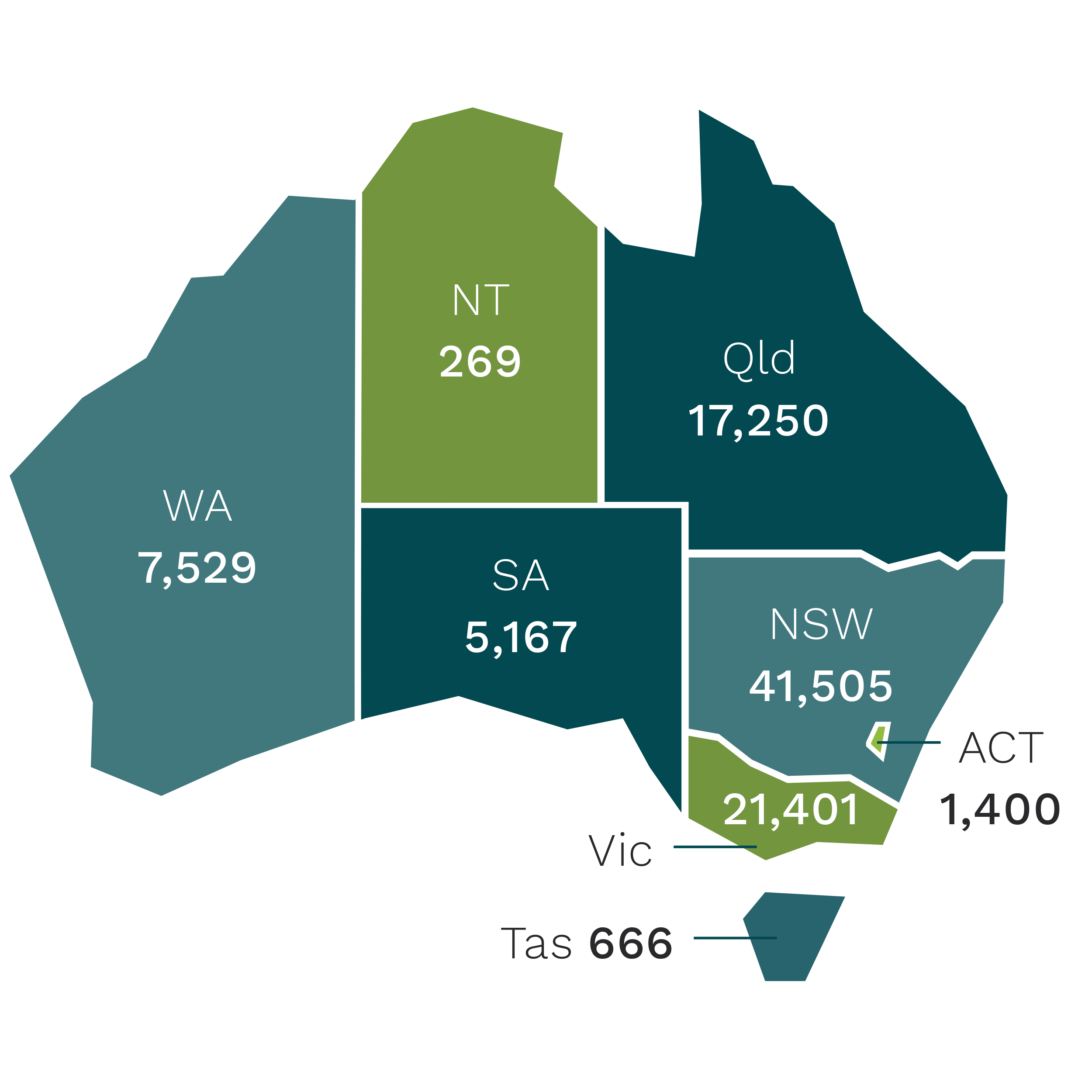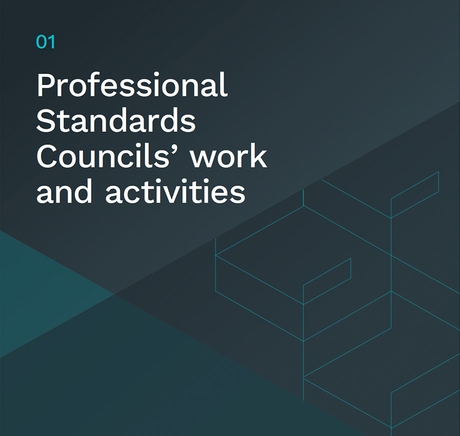Achievements observed across the accounting associations included:
- each association reviewed and updated risk management plans including existing risks, risk ratings, and the strategies to manage risks to ensure they are current and applicable
- two associations analysed complaints and professional indemnity insurance claims data and identified risk management strategies to mitigate the identified risks
- one association launched a new program to assess compliance with professional and ethical requirements and embedded root cause analysis into compliance assessments to understand drivers of non-compliance.






